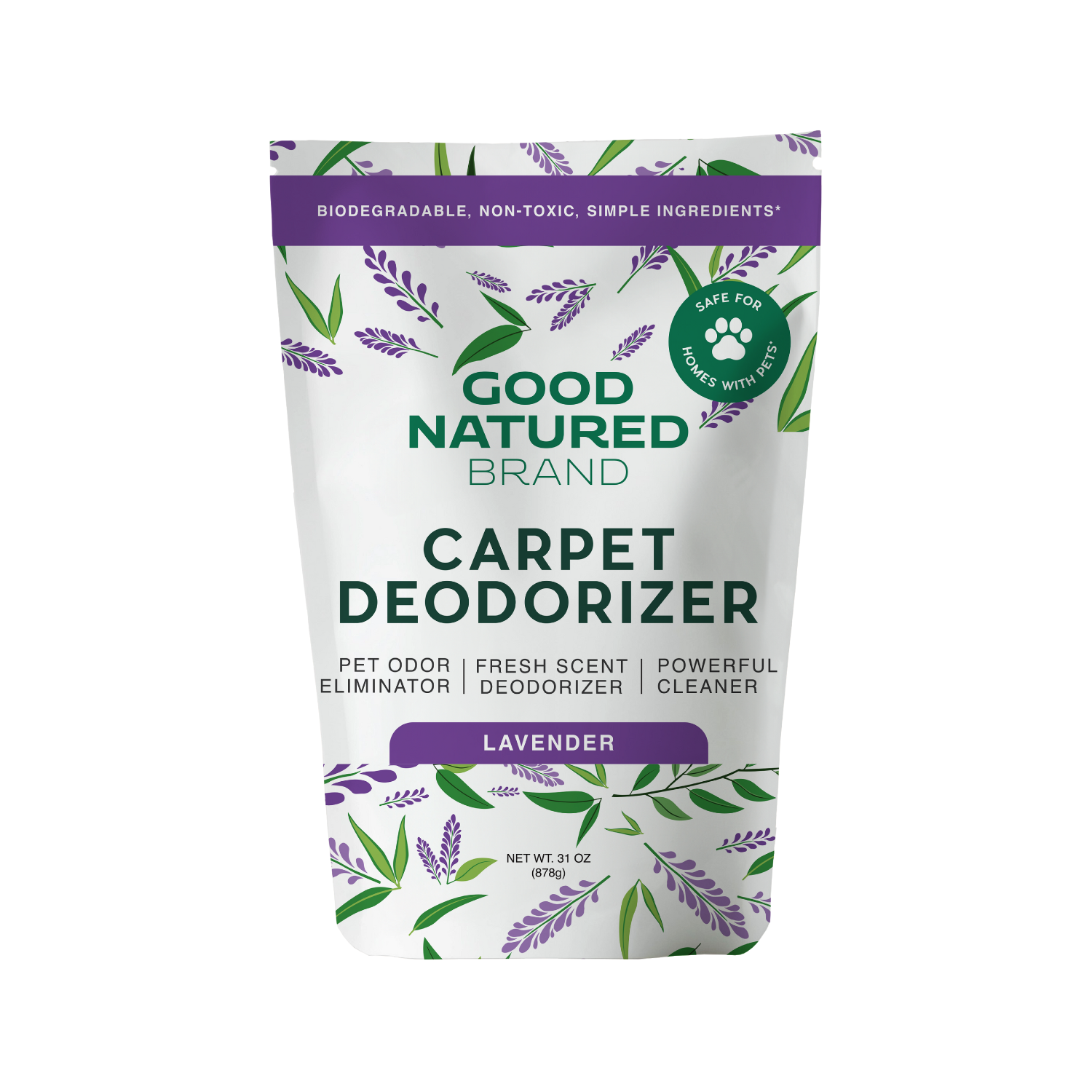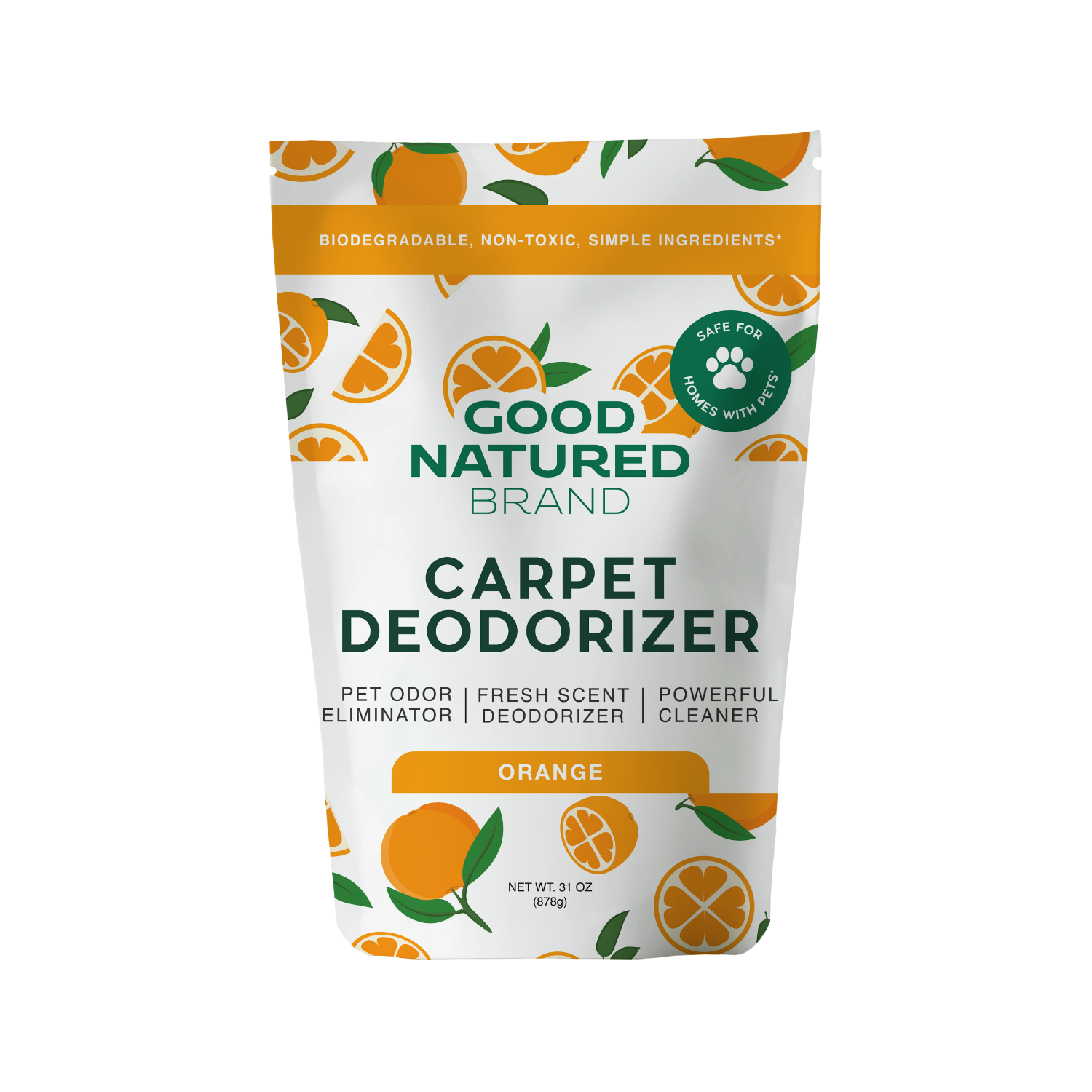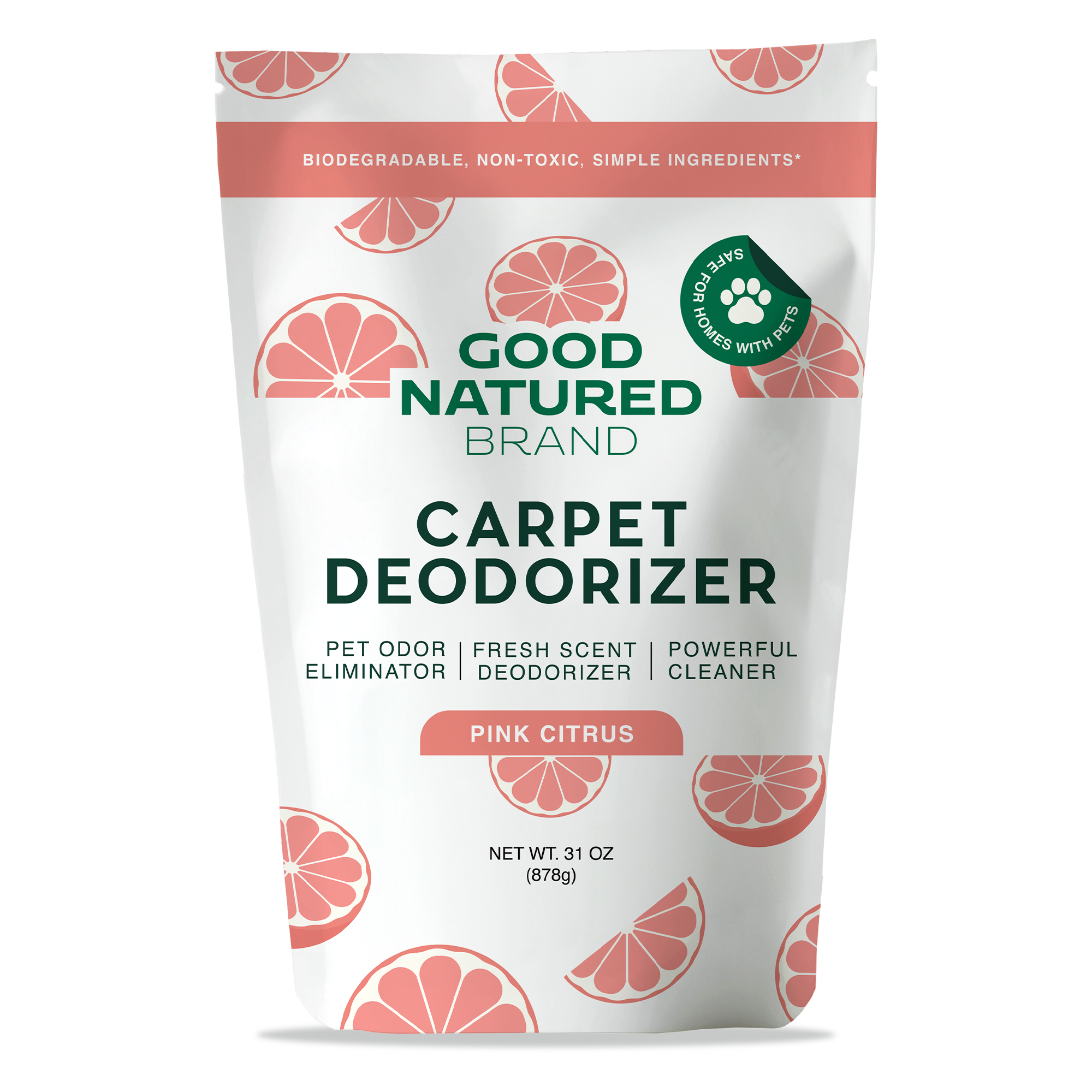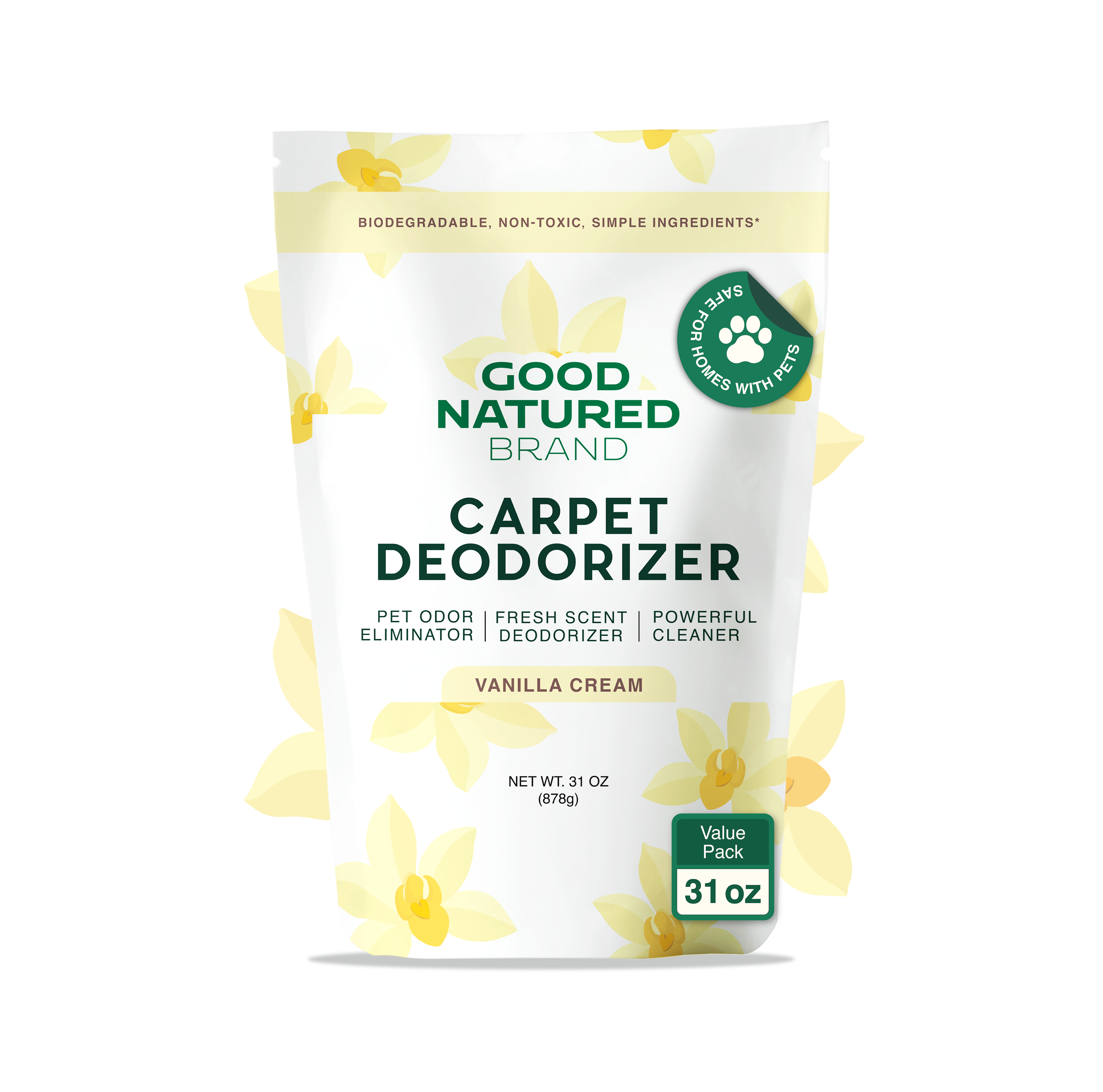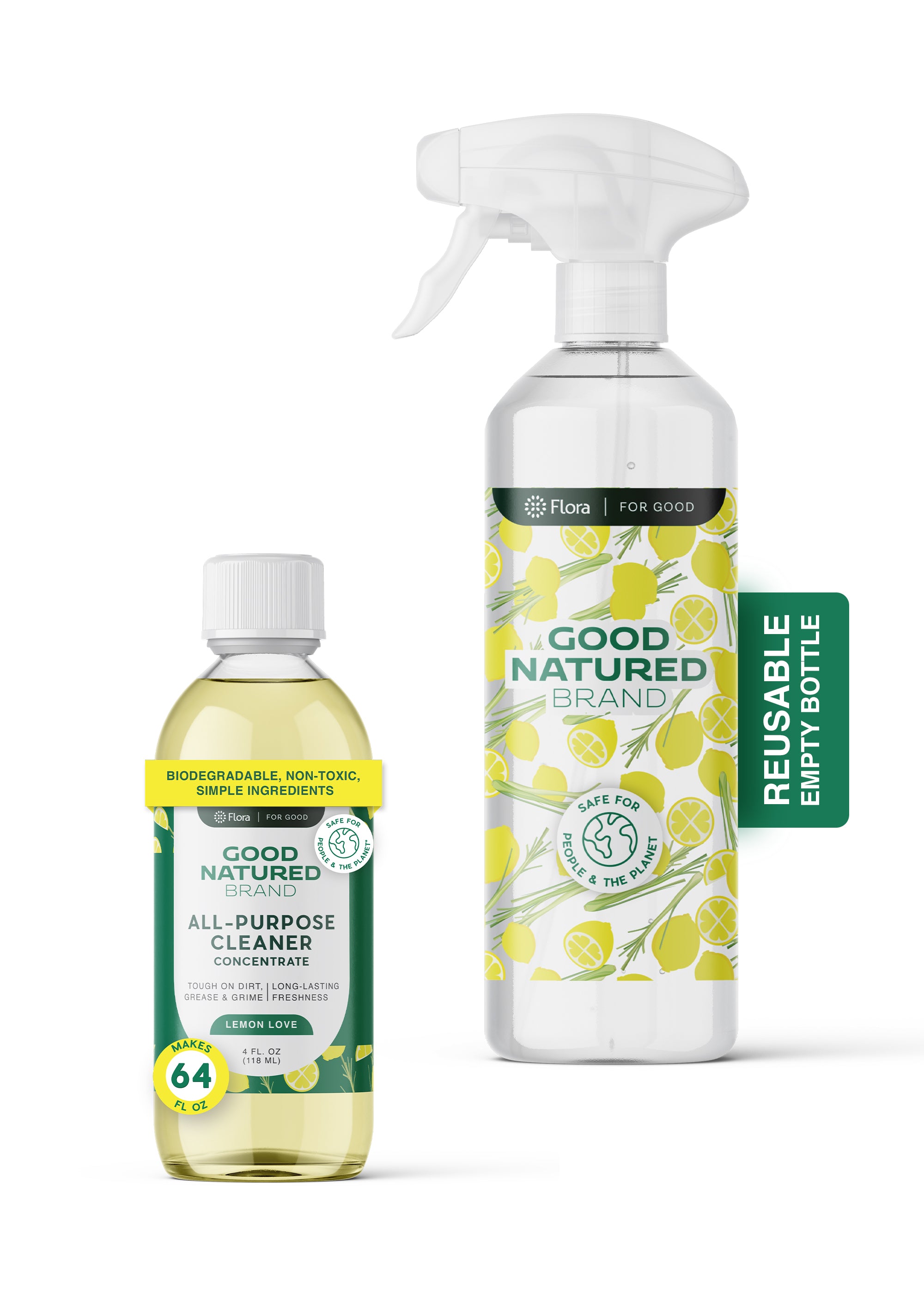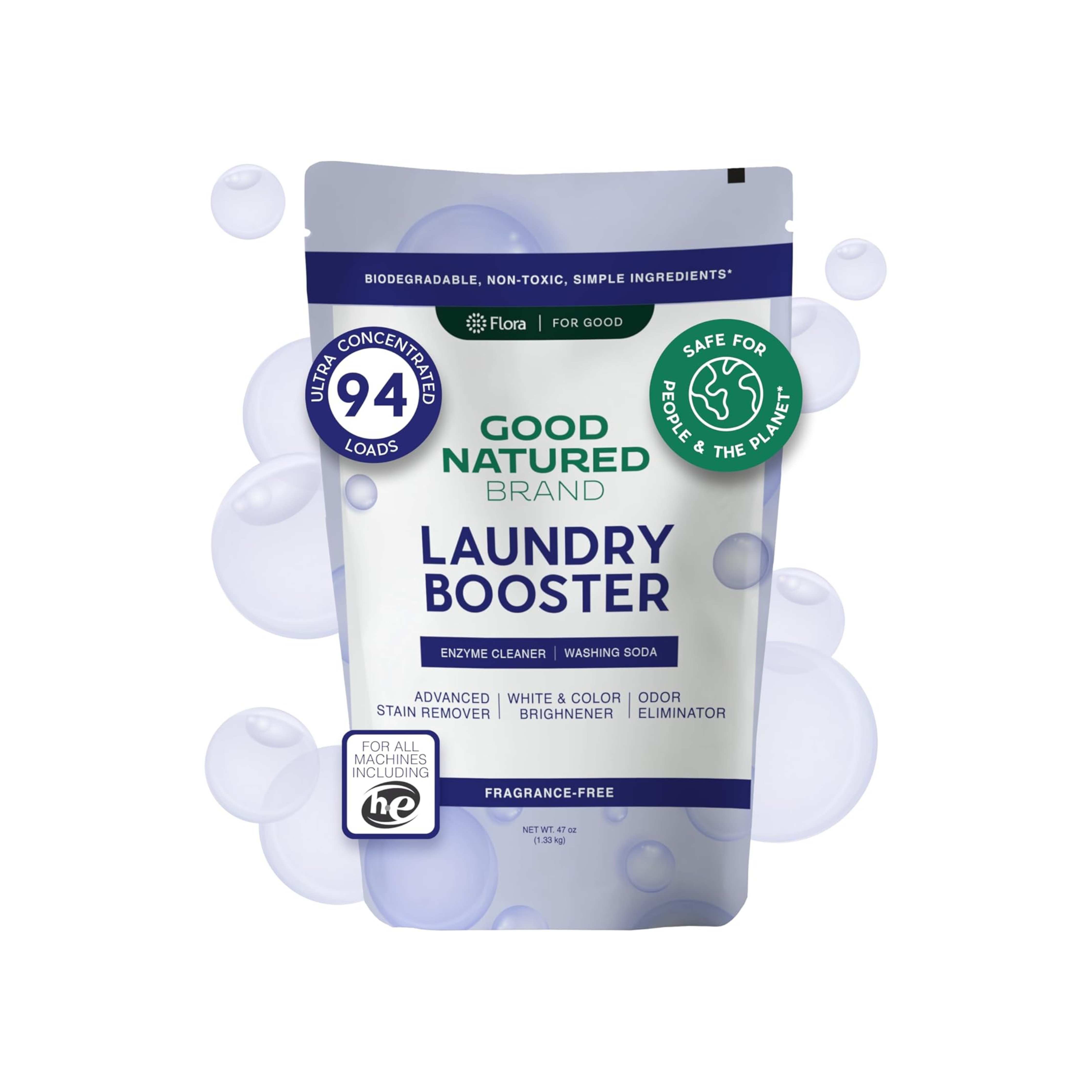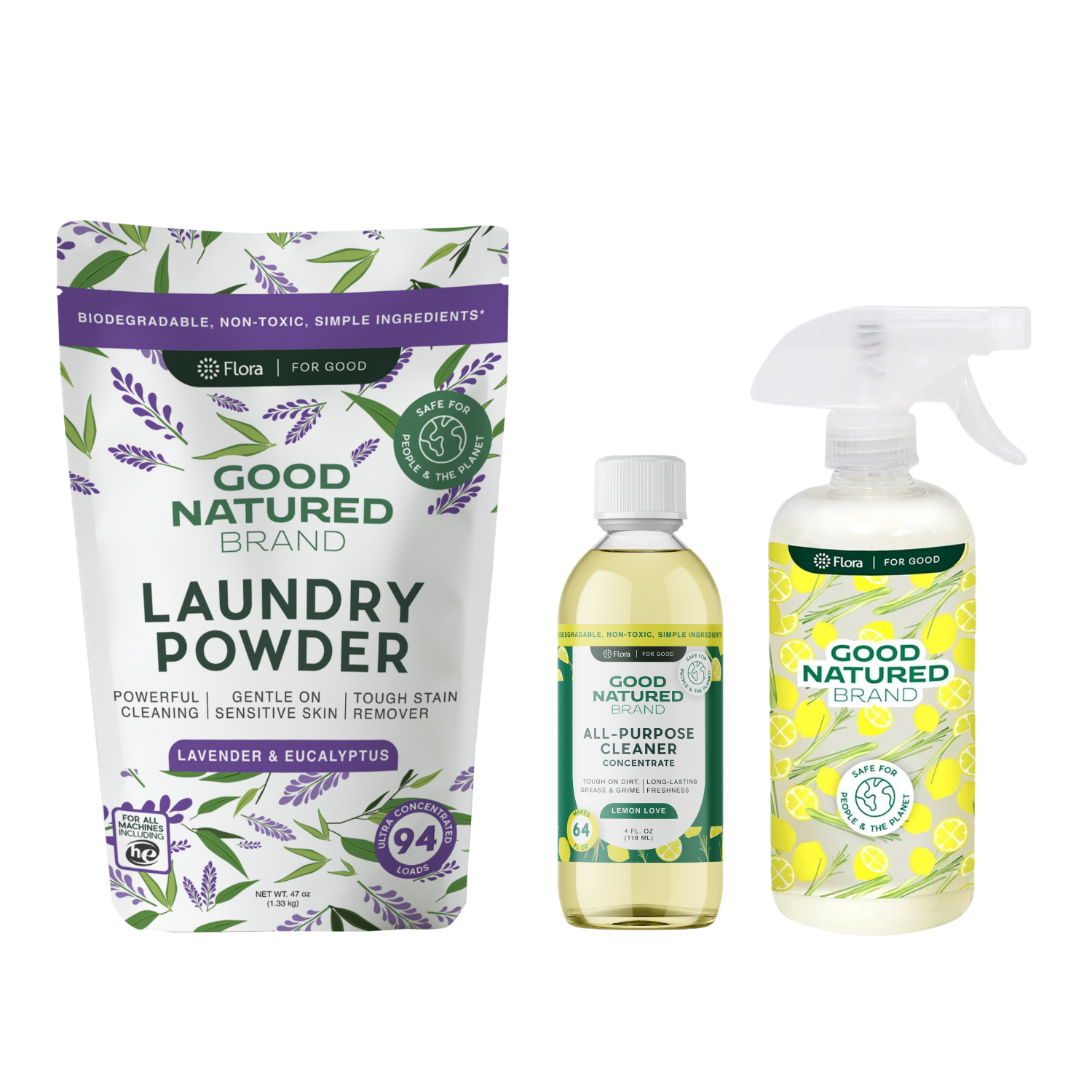Why Choosing the Right Cat Matters
Bringing a cat into your life is an exciting and rewarding experience, but it’s also a long-term commitment that can last 15 years or more. The key to a happy, harmonious bond lies in choosing a cat whose personality, activity level, and care needs align with your lifestyle.
Many first-time cat owners are drawn to adorable looks or viral social media trends when choosing a feline companion, only to find that the breed’s temperament doesn’t match their daily routine. Selecting the perfect cat for your lifestyle can help prevent common issues like boredom, behavioral challenges, or mismatched expectations.
If you’re just beginning your journey as a cat parent, exploring helpful resources like the Good Natured Brand Blog can give you valuable tips on preparing your home and routines for a new furry friend.
Assessing Your Lifestyle Before Choosing a Cat
Before you fall in love with a pair of bright eyes or a fluffy tail, take an honest look at your own lifestyle. The way you live plays a crucial role in determining which type of cat will thrive in your care.
-
Daily Schedule: Are you home often, or do you travel and work long hours? Independent cats do well alone, while social cats need companionship.
-
Household Size: Busy households with kids or multiple pets require cats who are adaptable and tolerant, while quieter homes are better suited to sensitive or shy cats.
-
Living Space: Small apartments benefit from low-energy, quiet cats, while spacious homes can accommodate active, curious climbers.
-
Budget: Cats require more than food—they also need veterinary care, toys, scratching posts, grooming, and enrichment.
-
Future Plans: Consider where you’ll be in 5–10 years. Cats are long-term family members.
This honest evaluation can prevent heartbreak down the road and help you create an environment where your new cat can thrive.
Understanding Cat Personality Types
Just like people, cats have unique personalities. Understanding the different general personality types will help you choose a companion that fits naturally into your life.
-
Independent Cats: These cats enjoy affection on their own terms and don’t require constant attention. They’re a good choice if you have a busy schedule or live alone.
-
Social and Affectionate Cats: Breeds like Ragdoll or Maine Coon are known for their love of cuddles and companionship, making them ideal for families or work-from-home owners.
-
Energetic Cats: High-energy breeds like Bengal or Abyssinian thrive in active households and need plenty of playtime and enrichment.
-
Quiet and Reserved Cats: Calm cats like Persian or Russian Blue prefer peaceful homes and gentle interactions.
Spending time observing cats at a shelter or breeder can help you see which personality resonates with you the most.
Energy Levels and Playfulness: Matching Your Activity
Your cat’s energy level should complement your own. If you live an active lifestyle and love engaging with pets, an energetic breed will fit right in. If you prefer quiet evenings and minimal upkeep, a calm and low-energy cat will be more suitable.
-
High-Energy Cats: Abyssinians and Bengals are curious, athletic, and love climbing and puzzle toys. They’ll need daily play sessions and mental stimulation.
-
Moderate-Energy Cats: Siamese and American Shorthair cats enjoy both play and relaxation, making them adaptable to various lifestyles.
-
Low-Energy Cats: Persians and British Shorthair cats are relaxed and enjoy lounging more than running and jumping.
Providing cats with the right level of enrichment prevents boredom and destructive behaviors. If your new cat is energetic and playful, be prepared to set up climbing towers, scratching posts, and daily playtime routines.
Grooming Requirements and Shedding Levels
Grooming needs vary widely between breeds, and this can significantly affect the time you’ll spend on daily cat care. Shedding also impacts how often you’ll clean your home.
-
Long-Haired Cats: Maine Coons, Ragdolls, and Persians require daily brushing to prevent matting and hairballs. They also shed more, meaning you’ll be vacuuming and cleaning often.
-
Short-Haired Cats: American Shorthairs and Russian Blues have lower grooming needs and shed less frequently.
-
Hairless Cats: Sphynx cats don’t shed fur, but they require weekly baths to remove skin oils.
To maintain a clean and odor-free home, pet-safe Carpet Deodorizers can refresh your rugs and floors where your cat naps or plays. Long-haired breeds especially tend to leave behind more fur and dander, so regular cleaning is crucial for both cleanliness and allergy control.
Considering Health and Lifespan
Different breeds come with varying health predispositions and life expectancies. Some cats are robust and low-maintenance, while others may need specialized care.
-
Health Considerations: For example, Persians may have respiratory issues due to their flat faces, while Bengals are generally healthy but need high activity to stay fit.
-
Lifespan: Most cats live 12–18 years, but breeds like Russian Blues and Siamese can live into their 20s with proper care.
-
Veterinary Care: Annual checkups, vaccines, spaying/neutering, and dental cleanings are essential for all breeds.
Understanding the long-term commitment helps ensure you’re prepared—emotionally and financially—to support your cat through every life stage.
Adoption Versus Buying from a Breeder
One of the most important decisions you’ll make when choosing your perfect cat is where to get them from. Both adopting and buying from a breeder have their advantages, and understanding them can help you make a thoughtful, ethical decision.
Adoption: Animal shelters and rescue organizations are filled with loving cats of all ages, sizes, and personalities. Adoption fees are typically lower and include vaccinations, microchipping, and spay/neuter procedures. Adopting gives a cat a second chance at life and helps reduce overpopulation.
Breeders: If you are set on a specific breed because of its temperament, energy level, or hypoallergenic qualities, a reputable breeder can provide detailed information about the cat’s lineage and health. Always research breeders carefully, ask to see health clearances, and avoid kitten mills or backyard breeders.
Whether you choose adoption or a breeder, the key is to prioritize the cat’s welfare and ensure you’re selecting a companion that truly aligns with your lifestyle.
Meeting Potential Cats Before Adoption
Once you’ve narrowed down your options, spend time meeting potential cats in person. Observing their behavior will give you valuable insight into their personalities.
-
Observe their demeanor: Are they shy or outgoing? Playful or calm? How do they respond to strangers?
-
Ask questions: Speak with shelter staff or breeders about the cat’s history, temperament, energy level, and socialization.
-
Watch how they interact: Cats who come to greet you, enjoy petting, or show curiosity are likely more social. Quiet or withdrawn cats might prefer calmer households.
Taking the time to connect before adoption increases the chance of a smooth transition into your home.
Preparing Your Home for a New Cat
Before your new companion arrives, it’s essential to prepare your home for a safe and smooth adjustment period. Cat-proofing your space helps prevent accidents and stress.
-
Designate a quiet, cozy room where your cat can settle in during the first few days.
-
Remove hazards like toxic plants, loose cords, and small objects they could swallow.
-
Provide essentials: litter box, scratching posts, cat trees, food and water bowls, toys, and soft bedding.
-
Create vertical spaces like window perches or shelves for climbing.
Because cats explore with their paws and claws, it’s wise to clean frequently touched areas with pet-safe All-Purpose Cleaners to keep your home fresh and hygienic as they explore.
Maintaining a Clean and Healthy Home with Cats
Even the cleanest cats can shed fur, spread dander, and leave behind odors over time. Establishing a pet-safe cleaning routine ensures your space stays healthy and welcoming.
-
Control fur buildup on carpets, rugs, and furniture by vacuuming regularly and sprinkling pet-safe Carpet Deodorizers to neutralize odors.
-
Wash their bedding and blankets weekly with gentle, non-toxic Laundry Powders to remove hair and allergens.
-
Wipe down counters, shelves, and litter box areas with All-Purpose Cleaners that are safe for use around pets.
A consistent cleaning routine not only benefits your health but also creates a more comfortable space for your cat, who will appreciate a tidy and calm environment.
Introducing a New Cat to Other Pets and Family Members
Bringing a new cat into a household with existing pets or children requires patience and careful planning. First impressions can shape long-term relationships.
-
Start with scent introductions: Swap blankets or toys between pets before face-to-face meetings.
-
Use barriers at first: Keep them in separate rooms and allow short, supervised visits through a baby gate or cracked door.
-
Reward calm behavior: Offer treats and praise to both your new cat and resident pets for staying relaxed.
-
Let the cat set the pace: Never force interactions; let your new cat come out and explore on their terms.
This slow, controlled approach helps build positive associations and reduces the chance of territorial behavior or stress.
Adjusting to Your Cat’s Personality and Needs
Every cat is unique, and it can take several weeks or even months for their true personality to emerge. Be patient and responsive as they settle in.
-
Respect their boundaries: Allow them to approach you and gradually build trust through gentle play and petting.
-
Provide enrichment: Match their activity level with toys, scratching posts, puzzle feeders, or play sessions.
-
Create a predictable routine: Feeding, playtime, and quiet rest at consistent times help them feel secure.
Observing their behavior and adapting your care approach ensures they feel safe, understood, and loved.
Long-Term Care and Lifestyle Harmony
Choosing the perfect cat for your lifestyle is only the first step. Building a strong, lasting bond requires ongoing care and commitment.
-
Schedule regular vet visits for checkups, vaccinations, and preventive care.
-
Maintain their environment by keeping litter boxes clean and using All-Purpose Cleaners on frequently used surfaces.
-
Refresh soft items often like beds and cat blankets with Laundry Powders to control dander and keep things fresh.
-
Continue engaging their minds and bodies with enrichment activities suited to their energy levels.
Over time, your cat will become a cherished part of your daily life, offering love, companionship, and comfort.
FAQs About Choosing the Perfect Cat for Your Lifestyle
Which cats are best for small apartments?
Cats like Russian Blue, Persian, and British Shorthair adapt well to compact spaces due to their calm, low-energy personalities.
Which cats are good with children?
Maine Coon, Ragdoll, and American Shorthair cats are patient, playful, and typically very tolerant with kids.
Can I get a cat if I work full-time?
Yes—independent breeds like Siamese, British Shorthair, and Scottish Fold do well when left alone, as long as they have toys and enrichment.
Are there cats for people with allergies?
While no cat is completely hypoallergenic, breeds like Russian Blue, Bengal, and Sphynx produce fewer allergens than others.
Building a Life with Your Ideal Feline Companion
Choosing the perfect cat for your lifestyle requires reflection, research, and preparation—but the reward is a lifetime of companionship and unconditional love. When you consider your daily routine, energy levels, space, and long-term plans, you can find a feline friend who fits naturally into your life.
As you welcome your new cat, remember to create a clean, safe environment where they can thrive. Explore Good Natured Brand for eco-friendly, pet-safe cleaning products, and check out the Good Natured Brand Blog for more guides, tips, and resources on raising happy, healthy pets.

